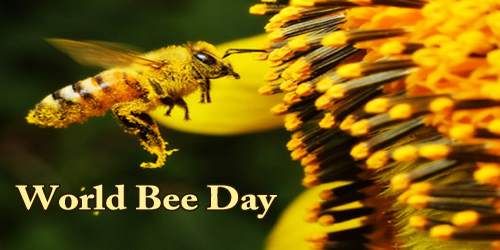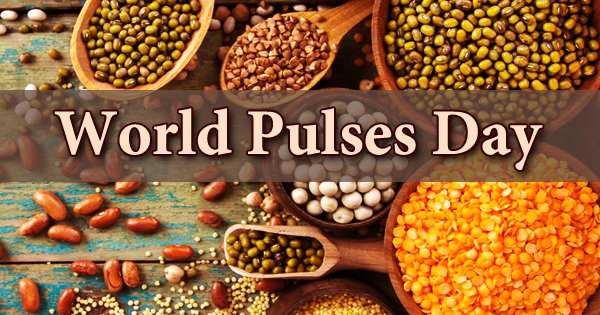Over the past 50 years, the amount of crops that depend on pollinators (i.e. fruit, vegetables, seeds, nuts, and oilseeds) has tripled. Bees play an important role in relation to the scope of agricultural production. Effective pollination increases the amount of agricultural produce, improves their quality, and enhances plants’ resistance to pests. Cultivated plants that depend on pollination are an important source of income to farmers, especially smaller farmers and family-owned farms in developing countries. They provide jobs and income to millions of people. Bees and other pollinators, such as butterflies, bats, and hummingbirds, are increasingly under threat from human activities. Pollination is, however, a fundamental process for the survival of our ecosystems. Nearly 90% of the world’s wild flowering plant species depend, entirely, or at least in part, on animal pollination, along with more than 75% of the world’s food crops and 35% of global agricultural land. Not only do pollinators contribute directly to food security, but they are key to conserving biodiversity.
To raise awareness of the importance of pollinators, the threats they face, and their contribution to sustainable development, the United Nations (UN) designated 20 May as “World Bee Day”. On this day Anton Janša, the pioneer of beekeeping, was born in 1734. The goal is to strengthen measures aimed at protecting bees and other pollinators, which would significantly contribute to solving problems related to the global food supply and eliminate hunger in developing countries. We all depend on pollinators and it is, therefore, crucial to monitor their decline and halt the loss of biodiversity. Pollinators such as bees, birds, and bats, affect 35 percent of the world’s crop production, increasing outputs of 87 of the leading food crops worldwide, plus many plant-derived medicines. Three out of four crops across the globe producing fruits or seeds for human use as food depend, at least in part, on pollinators. Bees are renowned for their role in providing high-quality food (honey, royal jelly, and pollen) and other products used in healthcare and other sectors (beeswax, propolis, honey bee venom). The greatest contribution of bees and other pollinators is the pollination of nearly three-quarters of the plants that produce 90% of the world’s food. A third of the world’s food production depends on bees, i.e. every third spoonful of food depends on pollination. The purpose of the international day is to acknowledge the role of bees and other pollinators for the ecosystem. The UN Member States approved Slovenia’s proposal to proclaim 20th May as ‘World Bee Day’ in December 2017. Bees are under threat. Present species extinction rates are 100 to 1,000 times higher than normal due to human impacts. Close to 35 percent of invertebrate pollinators, particularly bees and butterflies, and about 17 percent of vertebrate pollinators, such as bats, face extinction globally. If this trend continues, nutritious crops, such as fruits, nuts, and many vegetable crops will be substituted increasingly by staple crops like rice, corn, and potatoes, eventually resulting in an imbalanced diet. Intensive farming practices, land-use change, mono-cropping, pesticides, and higher temperatures associated with climate change all pose problems for bee populations and, by extension, the quality of food we grow.
By observing World Bee Day each year, we can raise awareness on the essential role bees and other pollinators play in keeping people and the planet healthy, and on the many challenges, they face today. The date for this observance was chosen as it was the day Anton Janša, a pioneer of modern apiculture, was born. Janša came from a family of beekeepers in Slovenia, where beekeeping is an important agricultural activity with a long-standing tradition. Bees are vital for the preservation of ecological balance and biodiversity in nature. They provide one of the most recognizable ecosystem services, i.e. pollination, which is what makes food production possible. By doing so, they protect and maintain ecosystems as well as animal and plant species, and contribute to genetic and biotic diversity. Bees also act as indicators of the state of the environment. Their presence, absence, or quantity tells us when something is happening with the environment and that appropriate action is needed. By observing the development and health of bees, it is possible to ascertain changes in the environment and implement the necessary precautionary measures in time.
















